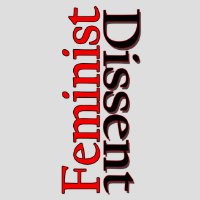The Pitfalls of Disentangling Women’s Agency from Accountability for Gender Equality Outcomes
The Case of Egypt
DOI:
https://doi.org/10.31273/fd.n3.2018.307Abstract
The representation of Middle Eastern women in Western scholarship in particular has been critiqued in post colonialist and feminist scholarship for its racist underpinnings embedded in broader colonialist constructs. This rich body of scholarship has contributed to a paradigmatic shift in how the “woman question” is addressed in western academic engagement with women in the Middle East. This article, however, interrogates whether the counter-narratives have created new binary constructs in their representations of women’s agency whose impact has been detrimental to local feminist struggles for gender equality. It explores the problematics of using an analytical framing that disassociates expressions of women’s collective agency from the gender equality agenda and its implications for coalitional work by looking at examples from the early 20th century as well as in the aftermath of the Egyptian revolution of 2011.
Downloads

Downloads
Published
Issue
Section
License
Authors who publish with this journal agree to the following terms:
- Authors retain copyright and grant the journal right of first publication with the work simultaneously licensed under a Creative Commons Attribution Non-Commercial Share Alike License that allows others to share the work with an acknowledgement of the work's authorship and initial publication in this journal, providing it is not used for commercial purposes and any derivative work is shared with the same license.
- Authors are able to enter into separate, additional contractual arrangements for the non-exclusive distribution of the journal's published version of the work (e.g., post it to an institutional repository or publish it in a book), with an acknowledgement of its initial publication in this journal.
- Authors are permitted and encouraged to post their work online (e.g., in institutional repositories or on their website) prior to and during the submission process, as it can lead to productive exchanges, as well as earlier and greater citation of published work (See The Effect of Open Access).
